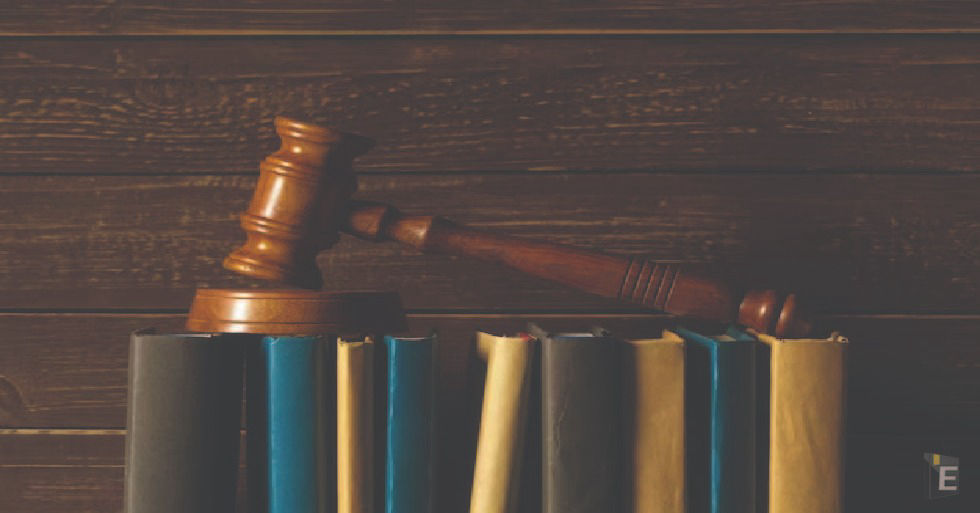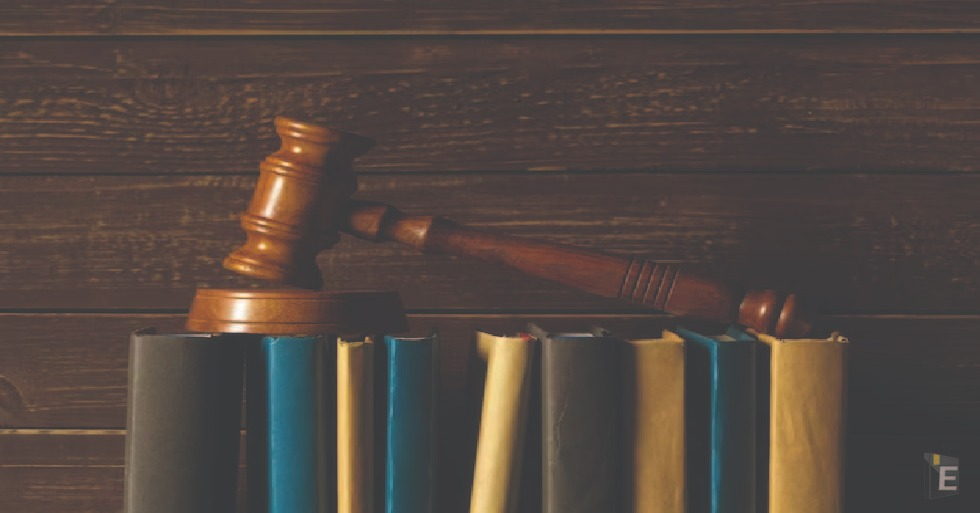


Which of the following is not true regarding the Chief Election Commissioner of India?
(A) President appoints the Chief Election Commissioner of India
(B) Chief Election Commissioner of India can be by the same process as applicable to judge of Supreme Court.
(C) Other election commissioners can be removed by the president on the recommendation of Chief Election Commission of India.
(D) T. Swaminathan was the first chief Chief Election Commissioner of India.
The Election Commission of India is a constitutional structure. It was started by the Constitution of India to manage and control elections in the country. Article 324 of the Constitution gives that the power of superintendence, direction, and authority of elections to parliament, state legislatures, the office of the president of India, and the office of vice-president of India shall be implied in the election commission.
Which of the following is not the fundamental duty for Indian citizens?
(A) To safe guard public property
(B) To protect and improve the natural environment
(C) Amassing property
(D) To develop the scientific temper and spirit of enquiry
One of the duties of Indian citizens is to safeguard public property and to abjure violence. Amassing property is not a fundamental duty of an Indian citizen.
Which of the following Government of India acts is called the mini-constitution of India?
(A) Government of India Act 1919
(B) 42nd Amendment Act, 1976
(C) Government of India Act 1915
(D) Government of India Act1909
42nd Amendment Act, 1976 is one of the most important amendments to the Indian Constitution. It was enacted by the Indian National Congress headed by Indira Gandhi. Due to the large number of amendments this act has brought to the Indian Constitution, it is also known as 'Mini-Constitution.'
Supreme Court of India was established on the recommendation of
(A) Pits India Act of 1784
(B) Regulating act of 1773
(C) Charter act of 1793
(D) Charter act of 1813
For the first time in India, the Supreme Court was established in 1774 under the “Regulating Act of 1773”.
To which of the following states, Article 370 if the Indian constitution is related:
(A) Arunachal Pradesh
(B) Meghalaya
(C) Himachal Pradesh
(D) Jammu & Kashmir
Article 370 acknowledges the special status of the state of Jammu and Kashmir in terms of autonomy and its ability to formulate laws for the state's permanent residents.
Which one of the following is a subordinate office?
(A) Offices of Development Commissioner of Special Economic Zones (SEZs)
(B) Directorate General of Anti-Dumping & Allied Duties (DGAD)
(C) Directorate General of Supplies and Disposal (DGS&D)
(D) Directorate General of Foreign Trade (DGFT)
The Subordinate Judiciary has been divided into two parts 'The U.P. Civil Judicial Services' and 'The U.P. Higher Judicial Service'. The former consists of Munsifs and Civil Judges including Small Cause Judges and the latter of Civil and Sessions Judges (now Additional District Sessions Judges). The District Judge is the controller of the Subordinate Judicial Service at the district level. The jurisdiction of the District Judge extends to more than one revenue district in some cases. On the civil side, the Munsif's Court is the lowest court. Earlier, Etawah District Court serves as a subordinate judicial service of the state of Uttar Pradesh
Article 2 of the Indian constitution is related with ______.
(A) Admission or establishment of new states
(B) Alteration of areas of existing states
(C) Alteration of names of existing states
(D) Name and territory of the Union
Article 2 of the Indian Constitution This article provides the Parliament of India the authority to admit into the Union of India, or establish, new states on such terms and conditions as it thinks fit. It is not necessary to pass such a law by a special majority or obtain the ratification of the states.
Write the name, which of the following is NOT a Fundamental Right?
(A) Right to Freedom of Religion
(B) Right against Exploitation
(C) Right to Equality
(D) Right to Vote
The correct answer is Right to Property. The right to property is not a fundamental right. Right to Property ceased to be a fundamental right with the 44th Constitution Amendment in 1978, however, It was made a Constitutional right under Article 300A.
The Protection of life and liberty is included under which Article of the Constitution of India?
(A) Article 21
(B) Article 23
(C) Article 24
(D) Article 20
According to Article 21: “Protection of Life and Personal Liberty: No person shall be deprived of his life or personal liberty except according to procedure established by law.” This fundamental right is available to every person, citizens and foreigners alike.
According to which provision of the Indian Constitution has the Supreme Court recognized the Right to Privacy as a fundamental right?
(A) Article 18
(B) Article 19
(C) Article 20
(D) Article 21
Supreme Court ruled that Right to Privacy is "intrinsic to life and personal liberty" and is inherently protected under Article 21 and as a part of the freedoms guaranteed by Part III of the Constitution.
Get the Examsbook Prep App Today